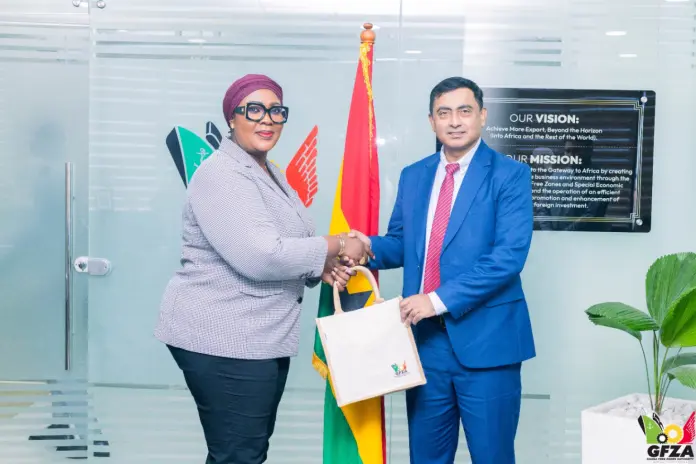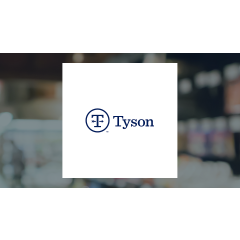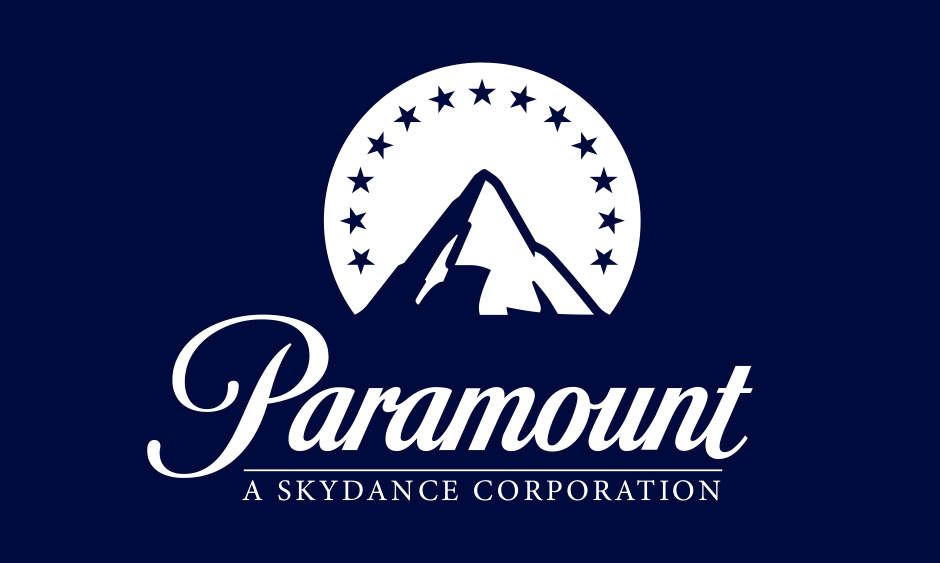By Ghana News
Copyright ghanamma

Ghana Free Zones Authority has launched strategic engagement with Pakistan’s new High Commissioner to unlock investment opportunities that could help address the countries’ severely imbalanced trade relationship, where Pakistan exports exceed Ghanaian sales by more than $50 million annually.
Dr. Mary Awusi, Chief Executive Officer of GFZA, hosted High Commissioner Najeeb Durrani and his delegation Monday in Accra, targeting manufacturing and processing investments under Ghana’s 24-hour economy framework that could potentially reverse current trade dynamics heavily favoring Pakistani exporters.
The meeting comes as Pakistan launched its Rice Roadshow 2025 in Accra three weeks ago, bringing together 28 top Pakistani rice exporters with 200 Ghanaian buyers in a trade initiative highlighting the relationship’s current one-sided structure.
Current bilateral commerce reveals stark imbalances that GFZA hopes to address through strategic investment attraction. Ghana imported approximately $57.2 million worth of Pakistani goods in 2023, dominated by cement and related materials valued at $16.45 million, alongside beverages, cereals, textiles, plastics, and vehicles.
In contrast, Ghana’s exports to Pakistan totaled merely $8 million during the same period, led by cocoa and cocoa preparations worth $1.81 million, creating a trade deficit exceeding $49 million that underscores the relationship’s current structural challenges.
The disparity becomes more pronounced when examining monthly trade patterns, where Pakistani imports averaged around $4 million in December 2024, while Ghana’s export performance remained consistently minimal across multiple sectors beyond traditional cocoa products.
High Commissioner Durrani praised Ghana’s political stability, describing the country as “the Switzerland of Africa” and emphasizing its attractiveness for Pakistani investors seeking stable operational environments. His comments reflect President Asif Ali Zardari’s August directive to strengthen economic cooperation between both nations for mutual benefit.
The engagement strategy focuses specifically on manufacturing and processing sectors where Pakistani expertise in textiles, pharmaceuticals, engineering goods, and food products could establish production bases within Ghana’s free zones framework, potentially transforming current import patterns into local manufacturing capacity.
Pakistan’s export portfolio includes significant textile and garment exports worth $18 billion globally in 2024, alongside rice exports valued at $4 billion, suggesting substantial potential for establishing production facilities that could serve West African markets from Ghanaian bases.
The timing proves strategically significant as both countries face broader economic pressures that make diversified trade relationships increasingly important. Pakistan recorded a trade deficit exceeding $24.4 billion in 2024, while Ghana seeks foreign investment to support industrialization goals and employment creation.
Economic relations have shown recent momentum with the establishment of a Joint Business Council between respective Chambers of Commerce in 2023, creating institutional frameworks for enhanced private sector cooperation that GFZA hopes to leverage through targeted investment promotion.
The Pakistani delegation, including Chargé d’Affaires Noor Nabi, used the visit for official introduction while exploring specific opportunities under Ghana’s Free Zones programme that could attract manufacturing investments in key sectors where Pakistan maintains competitive advantages.
GFZA’s strategy emphasizes incentives available under the Free Zones Scheme, including tax exemptions, streamlined regulatory processes, and infrastructure support that could make Ghana attractive for Pakistani companies seeking regional production bases to serve ECOWAS markets.
The focus on 24-hour economy integration reflects Ghana’s broader industrial policy goals, where extended operational hours could enhance manufacturing competitiveness and attract investors seeking cost-effective production alternatives to traditional Asian manufacturing centers.
For Pakistan, establishing manufacturing presence in Ghana offers strategic access to West African markets while potentially reducing logistics costs associated with direct exports from Karachi and other Pakistani ports to multiple African destinations.
The collaboration discussions include exploration of sectors beyond current trade patterns, targeting pharmaceuticals, engineering goods, and processed food products where Pakistani technical expertise could combine with Ghanaian raw material advantages and regional market access.
Success in attracting significant Pakistani manufacturing investment could serve as a model for addressing similar trade imbalances with other countries, positioning Ghana as a preferred destination for companies seeking African market entry through strategic partnerships rather than simple export relationships.
As both nations pursue enhanced economic cooperation, the effectiveness of GFZA’s investment attraction strategy will determine whether current trade patterns can evolve toward more balanced, mutually beneficial commercial relationships that support industrialization goals in Ghana while providing Pakistani companies with expanded market opportunities.



